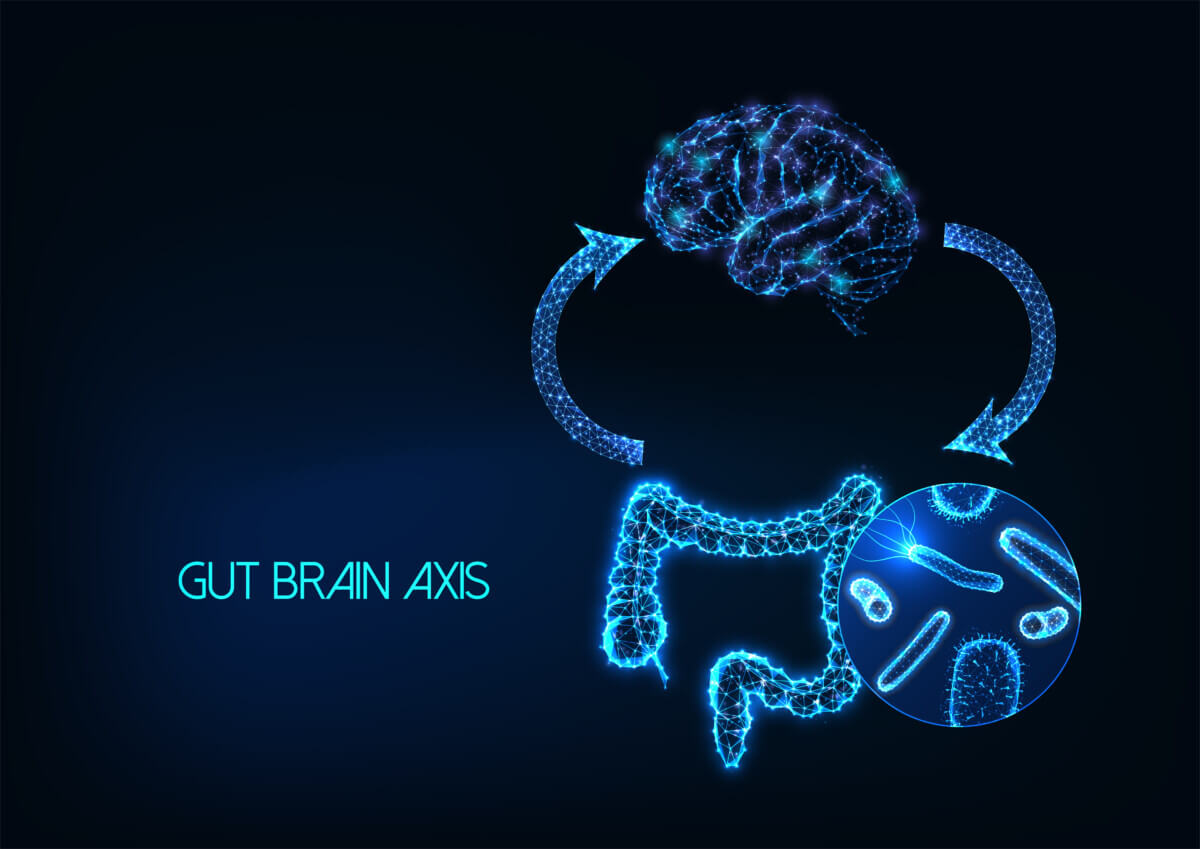
(© Inna - stock.adobe.com)
BERGEN, Norway — A genetic link has been found between irritable bowel syndrome and psychiatric disorders. Norwegian researchers used innovative statistical methods to identify a vast number of shared genetic variants among IBS patients and those with various psychiatric conditions.
IBS, a gastrointestinal ailment that affects roughly 10 percent of the global population, manifests as abdominal pain, constipation, and diarrhea, greatly impacting the quality of life.
“It’s also considered being psychosomatic, as the doctors do not find evidence of pathology upon examination of the intestines,” says Post Doctor Markos Tesfaye at the University of Bergen in a university release.
Through an extensive examination of data from over 50,000 IBS patients and several hundreds of thousands of controls, researchers identified 116 new genomic risk locations (loci) for IBS. A genomic loci refers to a specific spot within the DNA sequence, which often consists of a group of variants. The study also discovered 70 unique loci that IBS shared with various psychiatric disorders: seven with generalized anxiety disorder, 35 with major depression, 27 with bipolar disease, and 15 with schizophrenia.

In a significant revelation, many of these loci linked with IBS were found to also play a role in the regulation of the nervous system.
“This expands our understanding of the genetics of IBS and where IBS lies in relation to gastroenterological and psychiatric diseases,” says Tesfaye.
Tesfaye is optimistic that these insights will pave the way for experimental research that might, eventually, lead to the development of effective IBS treatments.
While this study doesn't delve into whether gut issues can directly lead to psychiatric disorders, Tesfaye indicated some researchers believe intestinal inflammation might disrupt the intestinal barrier, allowing bacterial products to leak into circulation. This could then impact the blood-brain barrier's permeability, potentially affecting the brain and presenting an intriguing area for future studies.
The study is published in the journal Genome Medicine.











I've known this for years, based on my own personal experience